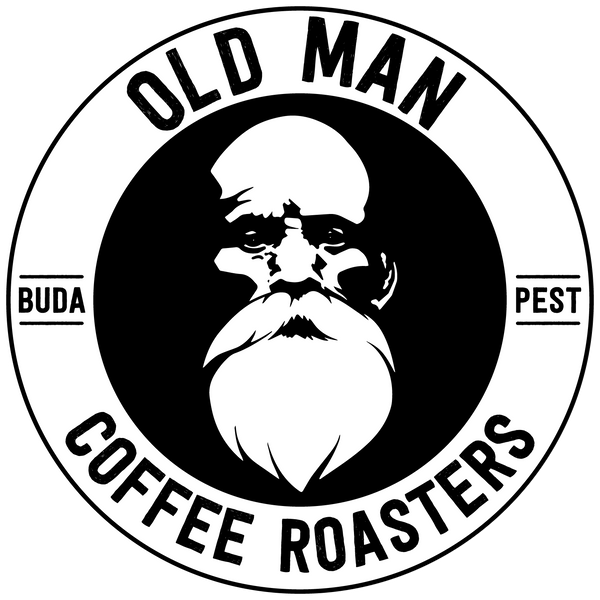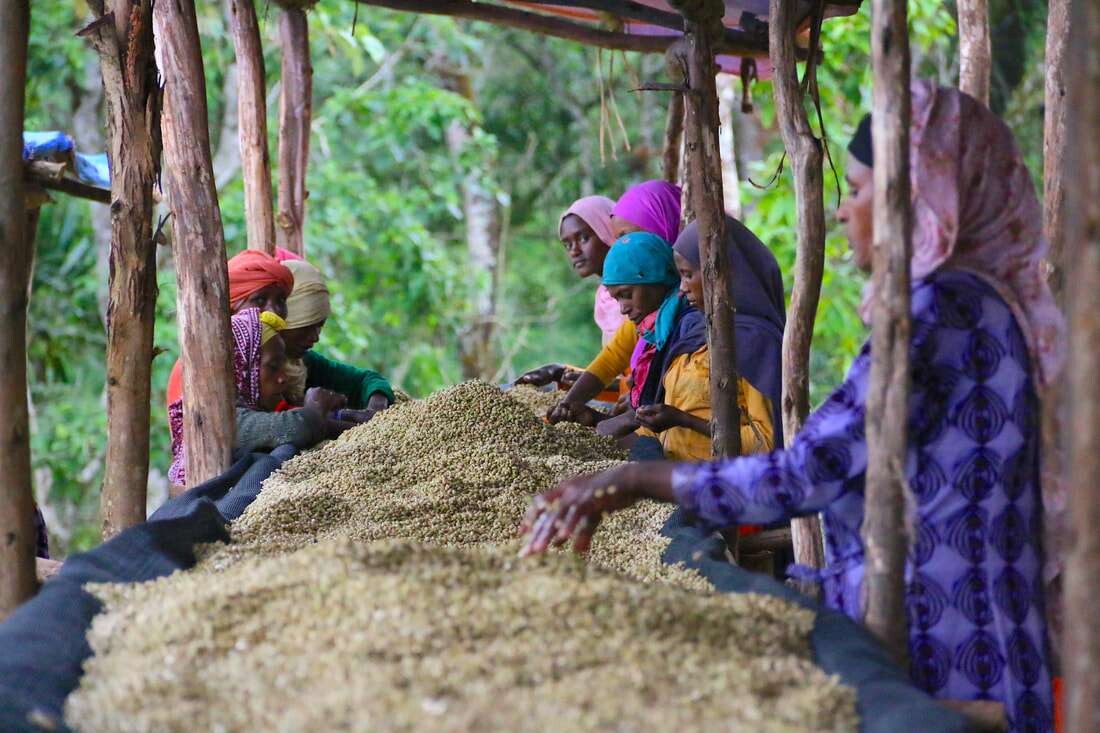In Ethiopia, coffee is a form of communal celebration, consisting of three ceremonies a day. The people of Oromia viewed coffee as a connection to nature, neighbors, and God. Coffee was meant to be more than a drink, but also an opportunity to connect with your loved ones, spend quality time with people, and appreciate the Earth.
The Oromo are the largest ethnic group in Ethiopia who were at one time concentrated in the southern highlands but now have been spread to other regions. The “Oromo” ethnic category is composed of a number of linguistically related groups including the Boran, Shewa, and Welega. The Oromo is not unified politically and there are important differences in social organization, religion, and the economy across the groups: most are farmers, though some are herders; some are Muslims, others are Christians, and still others adhere to indigenous religions” . Ancestors of today’s Oromo people in a region of Oromia in Ethiopia were the first to cultivate the coffee plant and recognize the energizing effect of the coffee. They still prepare coffee as they once did, using all the edible parts of the plant: the leaves are used to make an infusion known as kuti, the husks to make hoja, a brew which is diluted with milk, while the beans are lightly roasted to produce bunna qela, an energy-rich snack containing butter and salt, with a strong symbolic meaning.
THE STORY BEHIND DUROMINA COFFEE
Duromina, which means “to improve their lives” in the Afan Oromo language, is a coffee cooperative in the south western Jimma Zone. Coffee has grown here for generations but was traditionally processed using the dry, natural method. Farmers paid little attention to quality control. Despite an ideal climate and altitude for coffee growing, the area’s coffee was synonymous with poor quality. Year after year, farmers received lower prices for their coffee, earning little income as a result. On paper, these farmers had it all; very high altitude, rich and fertile soils, Ethiopia’s incredibly complex heirloom varietals and good rainfall. The missing link was quality control. Now that this has been addressed, the Duromina farmers produce coffees of outstanding quality with high scores being achieved. In 2010, around one hundred local coffee farmers banded together to form Duromina. As the name suggests, their goal was simple: to improve their lives. With technical support, business advice and access to finance through TechnoServe’s Coffee Initiative, the members acquired and installed a wet mill and began processing fully washed coffee for the first time. These improvements helped Duromina produce high-quality coffee and bring new prosperity to the community. Two years later, an international panel of professional judges would select Duromina’s coffee as the best in Africa, awarding the cooperative the top prize in the leading regional cupping competition.

